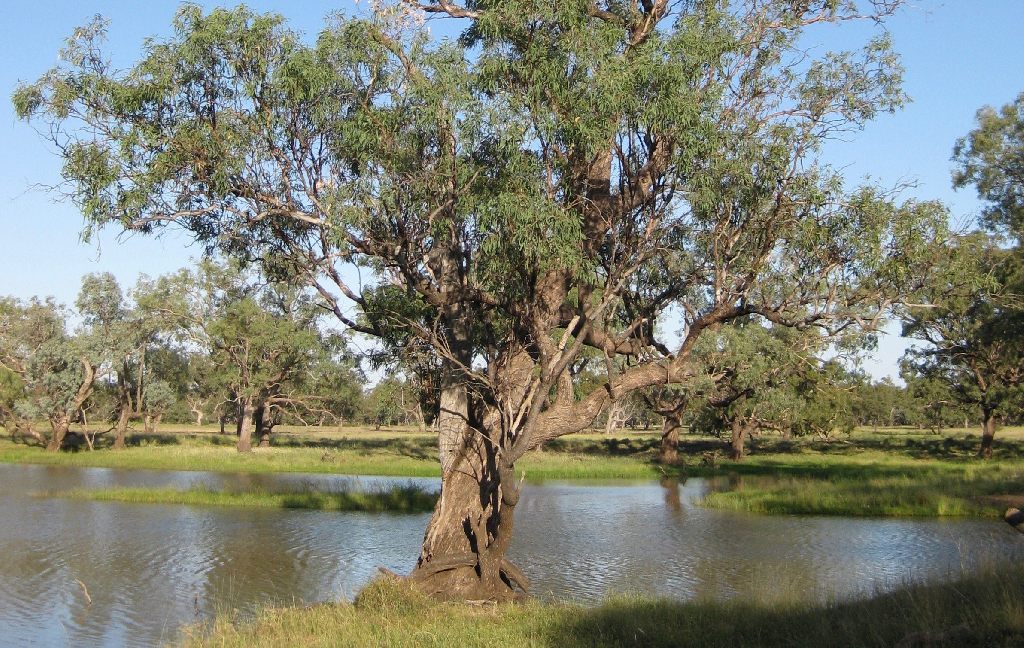Making Money from Biodiversity

A diversified income source is always attractive, especially if it has long-term security and provides additional benefits. The Biodiversity Conservation Trust (BCT) is offering just such a carrot to NSW landholders with the aim of protecting and enhancing biodiversity.
The BCT website contains a large amount of information but, as with most government websites, it’s full of government speak and lengthy explanations that lack clarity. I’ve tried to trim it down to the basics.
The BCT is a not-for-profit body funded by the NSW government, developers and philanthropists.
It has three major programs to support private land conservation. Over 2,000 NSW landholders are involved in BCT programs so far and that number is likely to grow.
Conservation Management Program
The Conservation Management Program encourages private landholders to participate via conservation management payments.
Voluntary mechanisms under the program:
1. Fixed Price Offers
- The BCT offers a fixed price per hectare per annum in “priority investment areas”.
- Landholders can enter a funded, in-perpetuity conservation agreement.
- Applications are assessed twice per year.
- Landholders can also apply for an essential infrastructure grant to assist with establishing a conservation area.
2. Conservation Tenders
- The BCT uses this tender method to target “conservation assets”.
- Landholders who submit a successful tender can enter an in-perpetuity or term (minimum 15 years) agreement.
- Tender applications are called for annually in specific regional locations.
3. Co-investment Partnerships
- The BCT will potentially enter partnerships with landholders to secure high-value private land conservation outcomes.
- Landholders can express interest in partnering with BCT at any time and proposals are assessed on a case-by-case basis.
Conservation Partners Program
The Conservation Partners Program is aimed at landholders who wish to protect and manage biodiversity on their land, but who are not eligible for (or do not seek) conservation management payments.
Voluntary mechanisms under the program:
1. In-Perpetuity Conservation Agreements
- These are permanent agreements, registered on the title of the land ensuring ongoing protection under subsequent landholders.
- Landholders receive technical support.
- Landholders can apply for funding through Conservation Partners Grants to help maintain the ecological values of their property.
2. Wildlife Refuge Agreements
- Not a permanent agreement.
- Landholders receive technical support.
- Landholders can apply for funding through Conservation Partners Grants to help maintain the ecological values of their property.
Biodiversity Offsets Program
Landholders wishing to generate and sell biodiversity credits can apply to the BCT to enter an in-perpetuity Biodiversity Stewardship Agreement.
The Biodiversity Stewardship Agreement enables biodiversity credits to be generated and sold to a developer, the BCT or other interested parties. Once credits are sold, the landholder receives annual payments to manage the land and biodiversity on the offset site. In this way, landholders potentially receive two income streams – firstly by selling the credits and then receiving annual management payments.
Landholders can apply to enter into a Biodiversity Stewardship Agreement with the BCT at any time.
BCT Revolving Fund
The BCT maintains a revolving fund that can be used to achieve conservation outcomes under the three BCT Programs:
1. Under the Conservation Management Program
The revolving fund can be used to purchase properties within priority investment areas or that contain conservation assets. These are then sold with a pre-commitment to enter an in-perpetuity and funded conservation agreement at the BCT’s fixed price.
2. Under the Conservation Partners Program
The revolving fund is sometimes used to acquire properties with important ecological assets that are outside of the priority investment areas/conservation assets list. These are then sold with a pre-commitment to enter an unfunded in-perpetuity conservation agreement.
3. Under the Biodiversity Offsets Program
The revolving fund can be used to purchaser properties for sale that have the potential to generate biodiversity credits. These are then sold with a pre-commitment to enter a funded Biodiversity Stewardship Agreement.
With the modern landowner under pressure to improve the productivity and profitability of every inch of their land while at the same time ensuring the sustainability of the environment, the BCT programs can represent an attractive initiative. To find out more, we suggest you visit the BCT website.
Michael Guest
by Michael Guest in Latest News
Share this post
Posts this year
Archived Posts
- Posts in 2024
- Posts in 2023
- Posts in 2022
- Posts in 2021
- Posts in 2020
- Posts in 2019
- Posts in 2018
- Posts in 2017
- Posts in 2016
